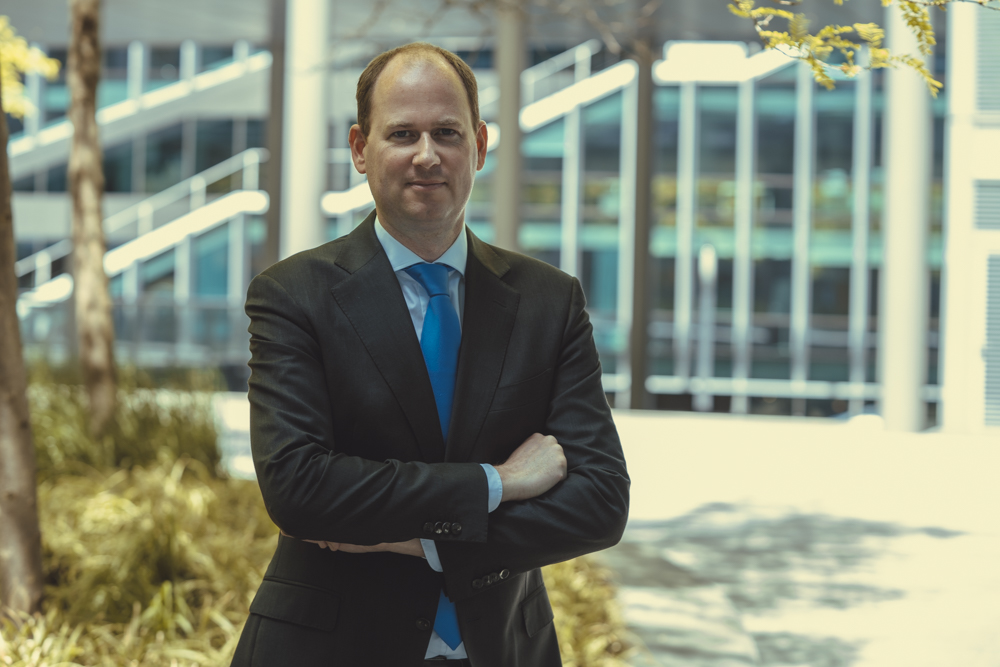No products in the cart.
Education, Finance, Interviews
WHY THE CMA® IS ESSENTIAL FOR FINANCE PROFESSIONALS IN THE CARIBBEAN
The accounting and financial workforce are vital components in the constantly shifting business landscapes. IMA® (Institute of Management Accountants) is the worldwide association of accountants and financial professionals in business. Founded in 1919, it is one of the largest and most respected associations focused exclusively on advancing the management accounting profession. I met with Alain Mulder, Senior Director of Europe Operations at IMA® to talk about why the CMA® (Certified Management Accountant) certification has an edge when it comes to financial qualifications. Alain works with a large number of academic and corporate partners who want to offer the certification to their associates and sees firsthand how and why CMA is proving to be a leading qualification sought by financial professionals and businesses worldwide.
Writer: Úna Jansen
Alain explains that there are a number of reasons why the CMA certification stands out from others. Firstly, it has been around since 1972 and is the only certification to focus exclusively on management accounting. The CMA has a solid and well-earned reputation, and the certification has become the global benchmark for management accountants and finance professionals. CMA earners tend to have sharp business acumen and a more holistic view of businesses which is essential. The CMA brings strategic thinking, applied work experience, and the ability to convert data into dialogue to explain the why behind the numbers. The CMA is a U.S.-based certification, internationally recognized with certified professionals in nearly every country in the world, and in particular, is a market leader in China. Financial institutions have confidence in this certification because they know that every professional with a CMA has been officially assessed on their skills. While some other professional certifications exempt candidates from certain course content based on previous studies, the CMA does not. As a result, employers know that when they hire a CMA, their knowledge and skill are incontrovertible. A recent survey of CMA professionals showed that on average, they earn 58% more than their non-CMA counterparts and that they were significantly less affected by the COVID-19 crisis.
The curriculum for the CMA was recently updated to place more focus on technology, providing graduates with enhanced information and communication technology skills to give them another competitive advantage in the workplace. Now, more than 15% of course content is technology-based, including data analytics and blockchain. Alain believes that for finance professionals, IT skills are crucial, and for this reason, IMA also offers a wide range of continuing education courses for current active CMAs, allowing them to upskill in just a few hours with online courses and webinars on data analytics, SCRUM, AI, and more.
The nature of business in the Dutch Caribbean makes the CMA certification an extremely desirable qualification for financial professionals in the region as many financial institutions based here are often serving clients abroad. Its biggest trade partners are international, the USA, China, and the Netherlands. As the CMA certification is internationally recognized, the qualification is ideal for people who wish to work outside the region in the Netherlands, the USA, or globally. CMA graduates tend to work at the larger multinational corporations including major airlines, technology companies, and Big Four accounting firms. CMA skills allow finance professionals to perform at the highest level in today’s challenging business environment. When evaluating professional goals, the CMA qualification can deliver greater credibility, higher earning potential, and boost senior career advancement opportunities.
The CMA exam is comprised of two parts covering 12 competencies. There are multiple ways of preparing for the exams. Many candidates choose to self-study, simply registering as a candidate, purchasing review books, and independently completing them. There are also many commercial course providers offering training (usually virtually) and exam centers all over the world. On average, CMA training takes 12 to 18 months from start to finish. Candidates are required to have a bachelor’s degree from an accredited university or professional accounting certification, and at least two years of working experience. Once they have successfully passed both parts of the two rigorous four-hour exams to attain CMA certification, CMAs need 30 hours of CPE credits and annual IMA membership to maintain active status. IMA membership gives members access to a wide range of conferences and seminars as well as resources for continuous professional development.
Right now, upskilling is more important than ever. For a full list of courses and more information on IMA, visit www.imanet.org.



